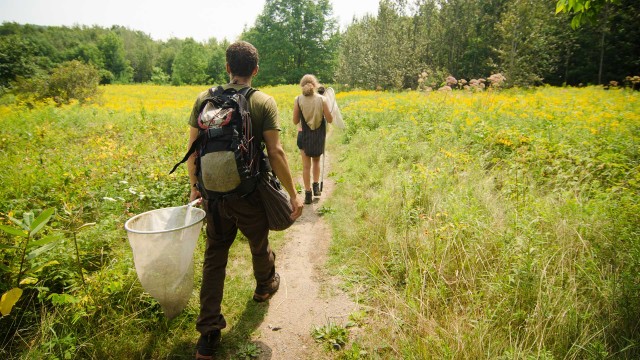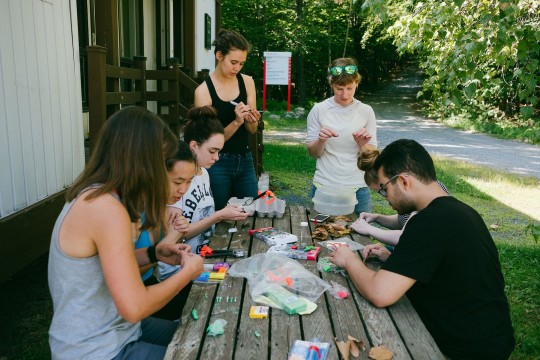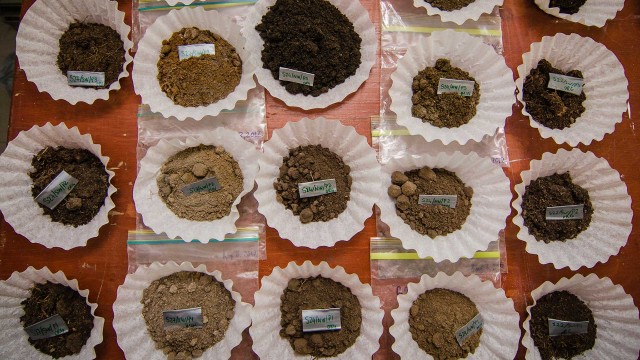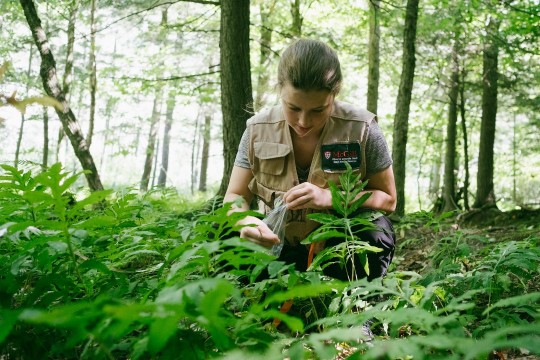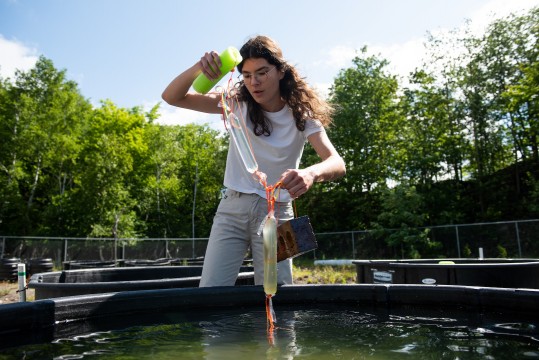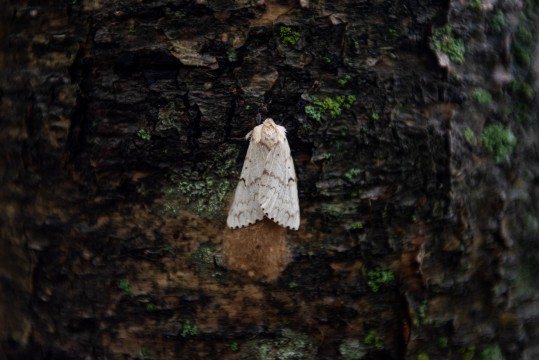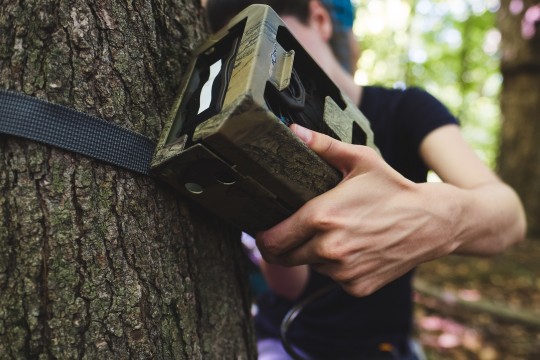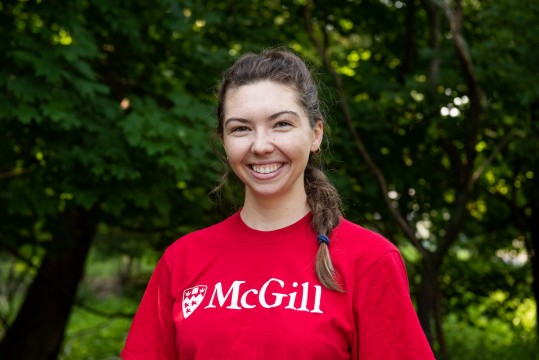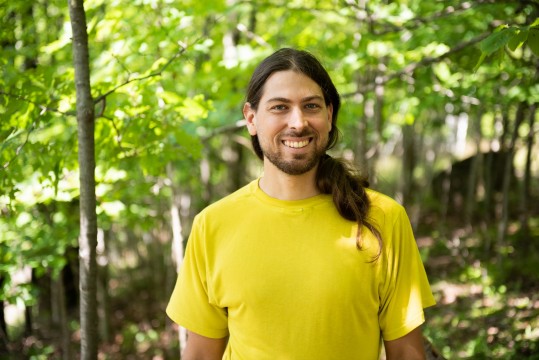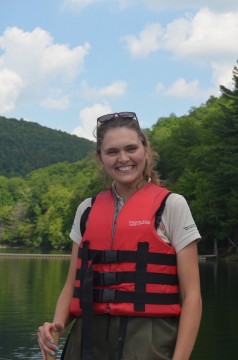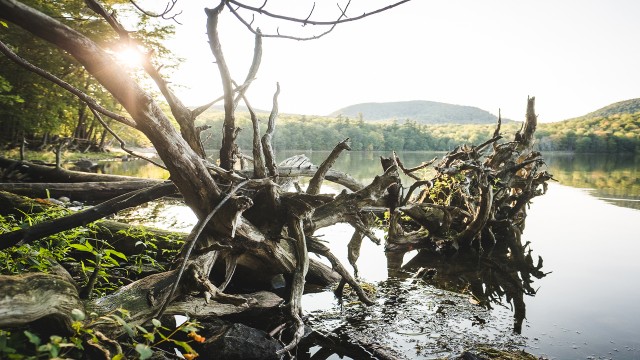Science is at the heart of our mission. Field learning is a rewarding experience within the academic journey, serving as a necessary complement to the classroom and laboratory.
Field courses
Teaching thrives at the Gault Nature Reserve. Classes are lively and students can acquire practical and theoretical skills in various fields of study.
Ecology and Behaviour
Ecology and Behaviour
BIOL 331 — 3
Biology (Sci): Field course in methods of sampling natural populations.Testing hypotheses in nature.
Research
Every year, numerous scientists explore the forests of Mont Saint-Hilaire and use our laboratories, helping us expand our knowledge of the ecosystem.
Summer work experience
Our internship program provides a unique opportunity for McGill students to contribute to meaningful projects, gain hands-on experience, and make a lasting impact on the environment.
Niamh Stafford
Field Operations Assistant in 2023
When asked to describe her internship experience in one word, Niamh answered:
"Productive. Our tasks were different daily, and we accomplished so much in so little time. It's been incredibly rewarding to be a part of this team and see our work's impact."
Whether you're interested in ecology, environmental science, or conservation, our internship program is designed to nurture your curiosity and equip you with the tools needed to thrive in environmental careers.
Note: The hiring process for summer 2025 is complete. Add your name to the list to be among the first to know when we re-open applications.
Support future generations
With your support, we can continue to apply scientific research to conservation, biodiversity, and the environmental challenges of our time. Help create experiences that change students' lives by investing in the Gault Research Awards and the summer work experience.
